Consistent ideology of serving people and production
Creatively applying the Marxist-Leninist viewpoint on economic development, President Ho Chi Minh paid special attention to directing the construction of our country's trade sector to truly become an economic lever, playing a good role in the circulation of goods, linking industry with agriculture, production with consumption, between local and central levels, domestic and foreign.
President Ho Chi Minh affirmed the great role of commerce in the national economy: “In the national economy, there are three important aspects: Agriculture , industry, and commerce. The three aspects of work are closely related to each other. Commerce is the link between agriculture and industry. Commerce brings goods to the countryside to serve farmers, while commerce brings agricultural products and raw materials to urban consumption. If the commerce link is broken, agriculture cannot be linked with industry, and the worker-peasant alliance cannot be consolidated. If commerce does not run, agricultural and industrial activities will be disjointed.”
The strategic awareness that Uncle Ho directly pointed out was: “Commerce has the task of bringing industrial goods to sell to farmers, then buying agricultural products for factories. Commerce must try to do that job well, must ensure the quality of goods and have the spirit of serving buyers.”
Not only stopping at strategic awareness, He also gave very specific instructions on organizing the goods circulation system. According to Him, businesses must ensure that goods reach consumers quickly, fully, at the right price and quality. He also paid special attention to rural areas, remote areas, where access to essential goods and services is still difficult.
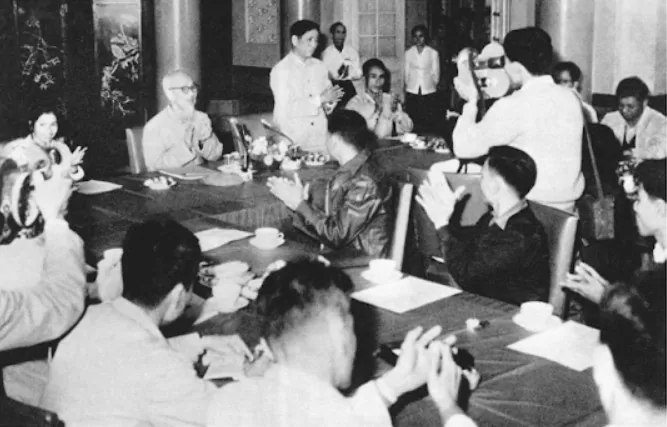 |
| Uncle Ho met with coal industry officials and workers in 1968. Photo archive |
Very early on, President Ho Chi Minh pointed out that the circulation of goods is the lifeblood of the economy. Smooth circulation will help prevent stagnation in production, help people access goods at reasonable prices, and at the same time limit negative factors such as speculation and unreasonable price increases.
Therefore, he always emphasized the need to organize a reasonable distribution network to avoid congestion of goods. He required officials of the commercial sector to be close to the people, understand the people, listen to their feedback to adjust commercial activities to suit reality and best serve the needs of consumers.
At the same time, a special concern that Uncle Ho emphasized was to develop a reasonable goods distribution system, ensuring smooth flow of agricultural products from rural to urban areas and industrial products from urban to rural areas. This idea was clearly demonstrated through his encouragement of cooperatives, strengthening the market system and promoting transportation to facilitate the circulation of goods.
Great meaning and value
In the context of a socialist-oriented market economy and increasingly deep international integration, President Ho Chi Minh's thoughts on commerce and circulation of goods still have profound practical significance.
Four lessons for modern commercial development can be drawn from his teachings.
The first lesson is to ensure the smooth flow of goods in all circumstances. In the context of integration, Vietnam needs to continue to improve transport and logistics infrastructure, reduce transportation costs so that goods can circulate quickly, especially agricultural products - goods that are easily congested and lose value when distribution is congested.
Uncle Ho's teachings on the circulation of goods today are materialized through strong investment in logistics systems, distribution centers, modern wholesale markets and digital transformation in trade. The government has been implementing many programs to support businesses in digital transformation and applying technology to distribution, which Ho Chi Minh's thoughts on the circulation of goods laid the foundation for very early.
The second lesson is to develop a fair trade, for the people and to put people at the center. Nowadays, when the market is more complex and multi-layered, the State needs to strengthen monopoly control, fight against smuggling and counterfeit goods, protect consumers and legitimate businesses.
The third lesson is to know how to combine traditional and modern trade. Lessons from responding to and ensuring no market disruption during the Covid-19 pandemic show that in addition to developing e-commerce and supermarkets, it is necessary to maintain and upgrade traditional markets to stabilize diverse distribution channels.
The fourth lesson is to develop trade in conjunction with building business ethics. Uncle Ho's idea that business must have ethics reminds businesses today to conduct business transparently and responsibly, not to disregard quality or commit commercial fraud for profit.
Ethics here is also especially needed in commercial officials not to cheat, not to deceive customers, not to take advantage of policies. He has repeatedly required commercial officials to be "diligent, frugal, honest, and upright", to fight against embezzlement, waste, and speculation.
| President Ho Chi Minh’s instructions on commerce are not only of historical significance but also a guideline for the development of modern commerce. In the context of globalization, the flexible application of his thoughts from ensuring the circulation of goods to building a fair and effective trade will help Vietnam develop sustainably. |
Source: https://congthuong.vn/tu-tuong-ve-phat-trien-kinh-te-cua-chu-cich-ho-chi-minh-kim-chi-nam-phat-trien-thuong-mai-trong-ky-nguyen-moi-388225.html



![[Photo] Prime Minister Pham Minh Chinh chairs meeting on draft Resolution of National Assembly on International Financial Center in Vietnam](https://vphoto.vietnam.vn/thumb/1200x675/vietnam/resource/IMAGE/2025/5/22/d398664ff1a140629169ea5a24e1b4d0)
![[Photo] Press delegation meeting to visit Truong Sa and DK1 Platform](https://vphoto.vietnam.vn/thumb/1200x675/vietnam/resource/IMAGE/2025/5/22/6b8d232877ec421a9e8187d83b9f8006)
![[Photo] Prime Minister Pham Minh Chinh chairs the Government's special meeting on law-making in May](https://vphoto.vietnam.vn/thumb/1200x675/vietnam/resource/IMAGE/2025/5/22/1c880aae96fd4e0894abc47a46fe19ba)
![[Photo] General Secretary To Lam chairs a working session with the Central Internal Affairs Commission](https://vphoto.vietnam.vn/thumb/1200x675/vietnam/resource/IMAGE/2025/5/22/3b7790f499da45b2803d8ae253207ef1)

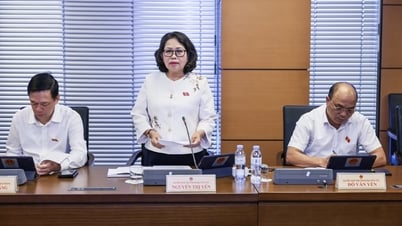



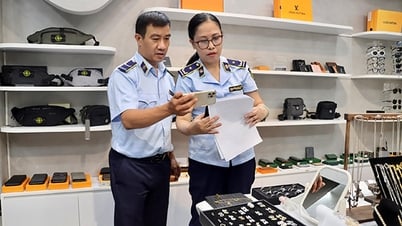

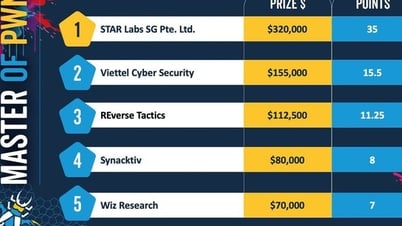

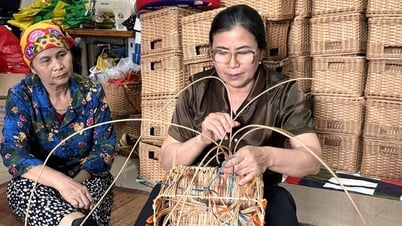




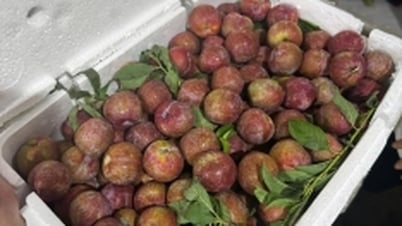
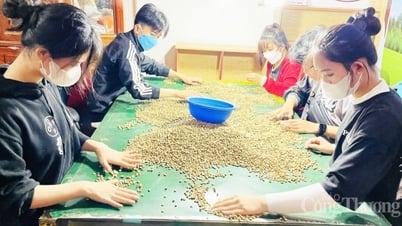
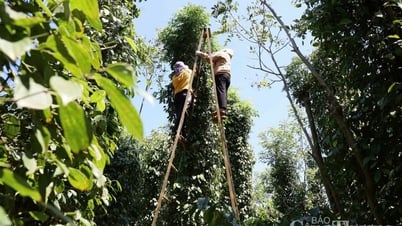
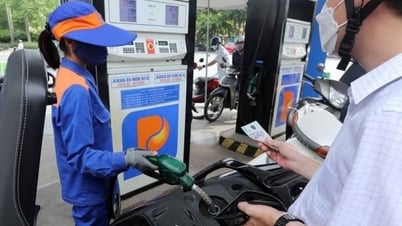
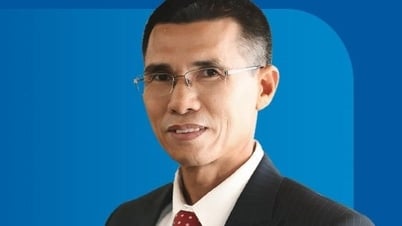

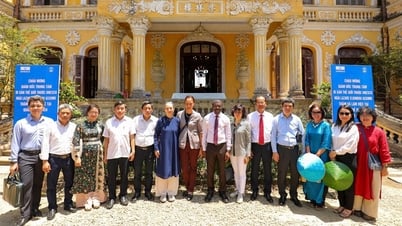









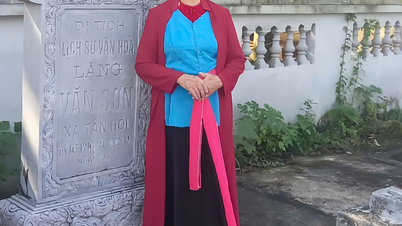













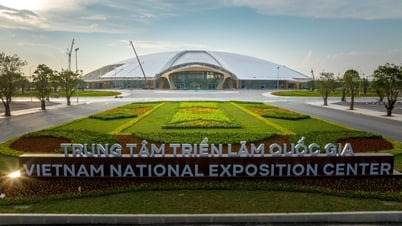

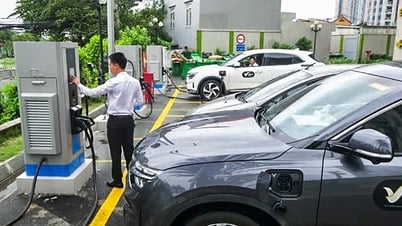
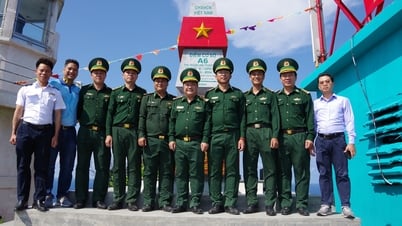
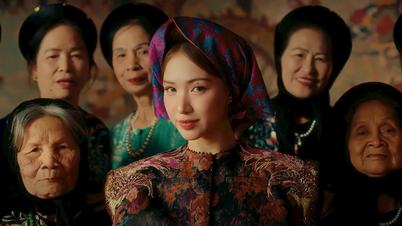







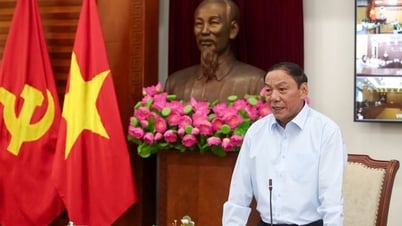

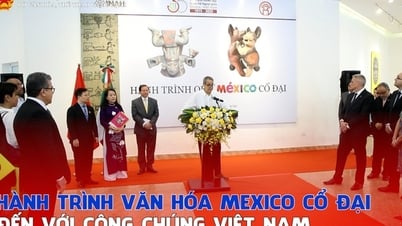
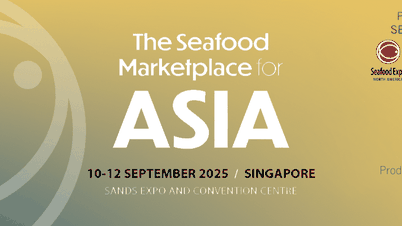

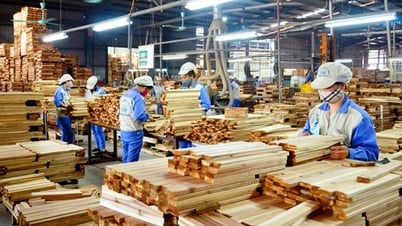
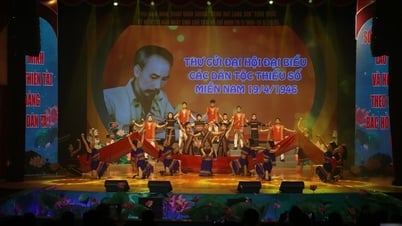
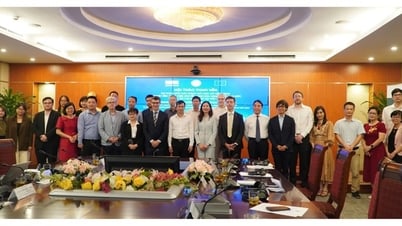



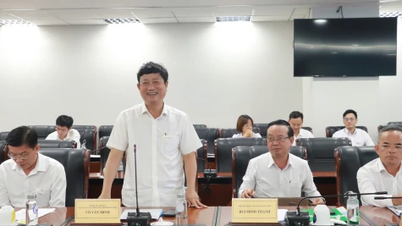

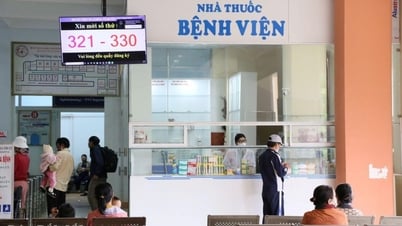

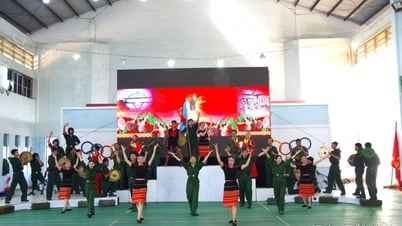
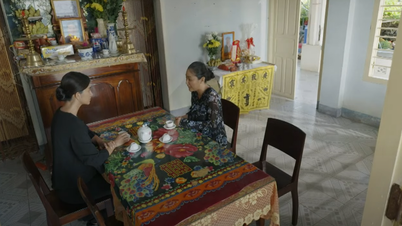





![[Podcast] Week introducing more than 500 OCOP products in Hanoi](https://vphoto.vietnam.vn/thumb/402x226/vietnam/resource/IMAGE/2025/5/22/d144aac2416744718388dbae3260e7fd)




Comment (0)